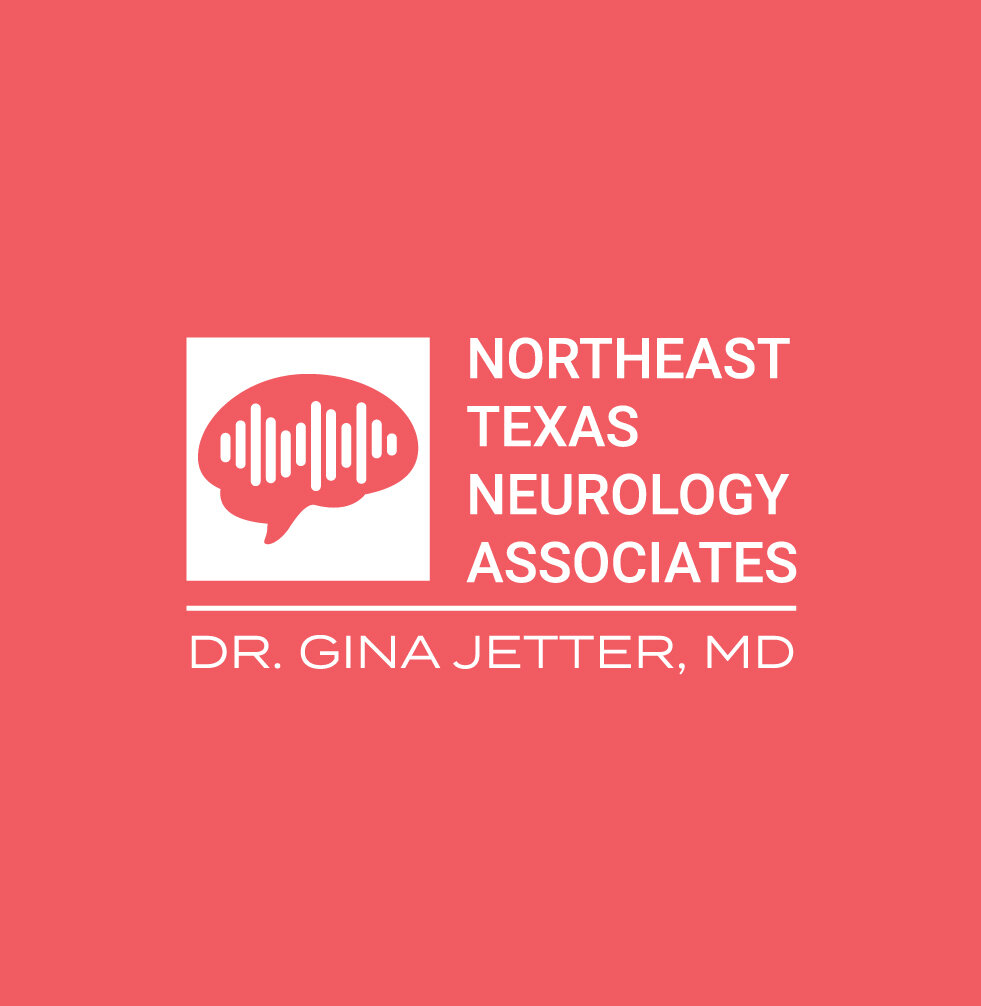What Is A Migraine?
People have struggled with migraines since the beginning of recorded history, and there still isn’t a drug that targets the cause. The FDA may announce new therapies this year, but they will most likely be expensive and it will take time to uncover potential long-term side-effects. While experts don’t know what causes migraine, they do know the pain involves nerve pathways and brain chemistry.
Migraine Statistics
Almost one in four households in the United States has one person who experiences migraine. The Migraine Research Foundation says one billion people worldwide and 39 million Americans are affected.
- 90 percent of sufferers have a family history of migraine.
- Migraine attacks can be as brief as four hours and last as long as three days.
- Four million adults have at least 15 days of migraine pain every month.
- 85 percent of individuals with chronic migraine are women, with the most severe attacks due to estrogen fluctuation.
- Half of all sufferers from both genders have their first migraine attack before they are 12.
Migraine Symptoms
People who haven’t ever experienced a migraine often think it’s the same as a headache, it just hurts a little more or lasts a little longer. People who have will tell you that’s not an accurate comparison. Here are some of the most common symptoms:
- People may experience an aura before a migraine that includes visual distortions, flashing lights or tingling. Sufferers may have tactile sensations or feel muscle weakness.
- During the attack, pain may be on one or both sides of the head.
- Individuals describe the pain as throbbing or pulsating.
- Frequently, nausea and vomiting accompany the attack.
- Individuals also experience blurred vision, dizziness, sometimes even fainting.
- Light and sound sensitivity often accompany migraines.
- People want to be in a dark, quiet room during a migraine and be still.
- Migraines last several hours unless abortive medications stop the migraine.
Potential Causes
Genes and environment both seem to play a role in whether or not a person will develop migraines. When brain chemicals like serotonin get out of balance, it may impact other neurotransmitters and neuropeptides to cause migraine pain.
Fortunately, there are both lifestyle changes and medical treatments that can help you avoid migraines or decrease their frequency and severity. The experts at Northeast Texas Neurology Associates can help create a personalized plan that identifies the treatment options that work best for you. Contact us to schedule an appointment today.
The National Headache Foundation is a good resource for more information about migraines.
Sources:


